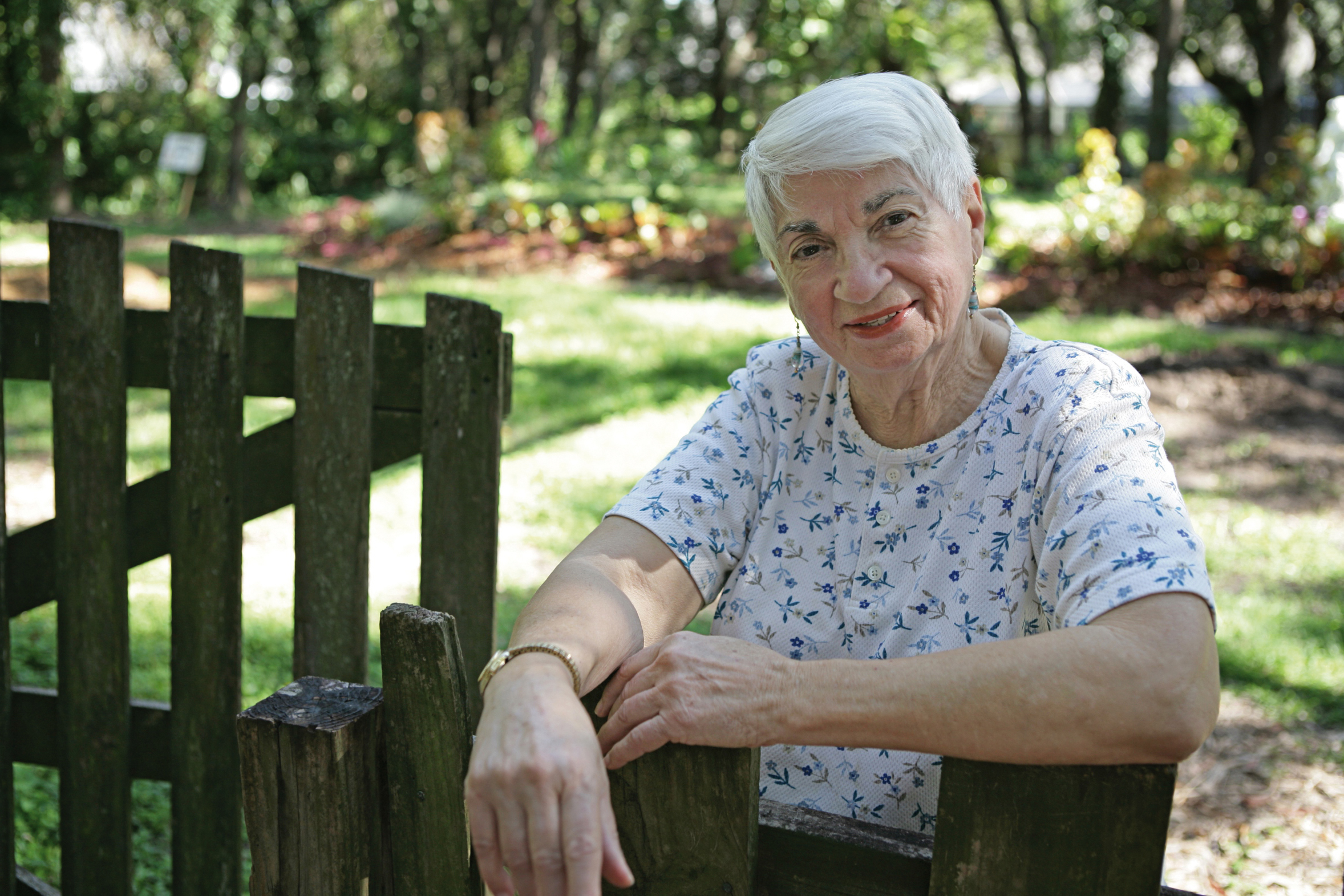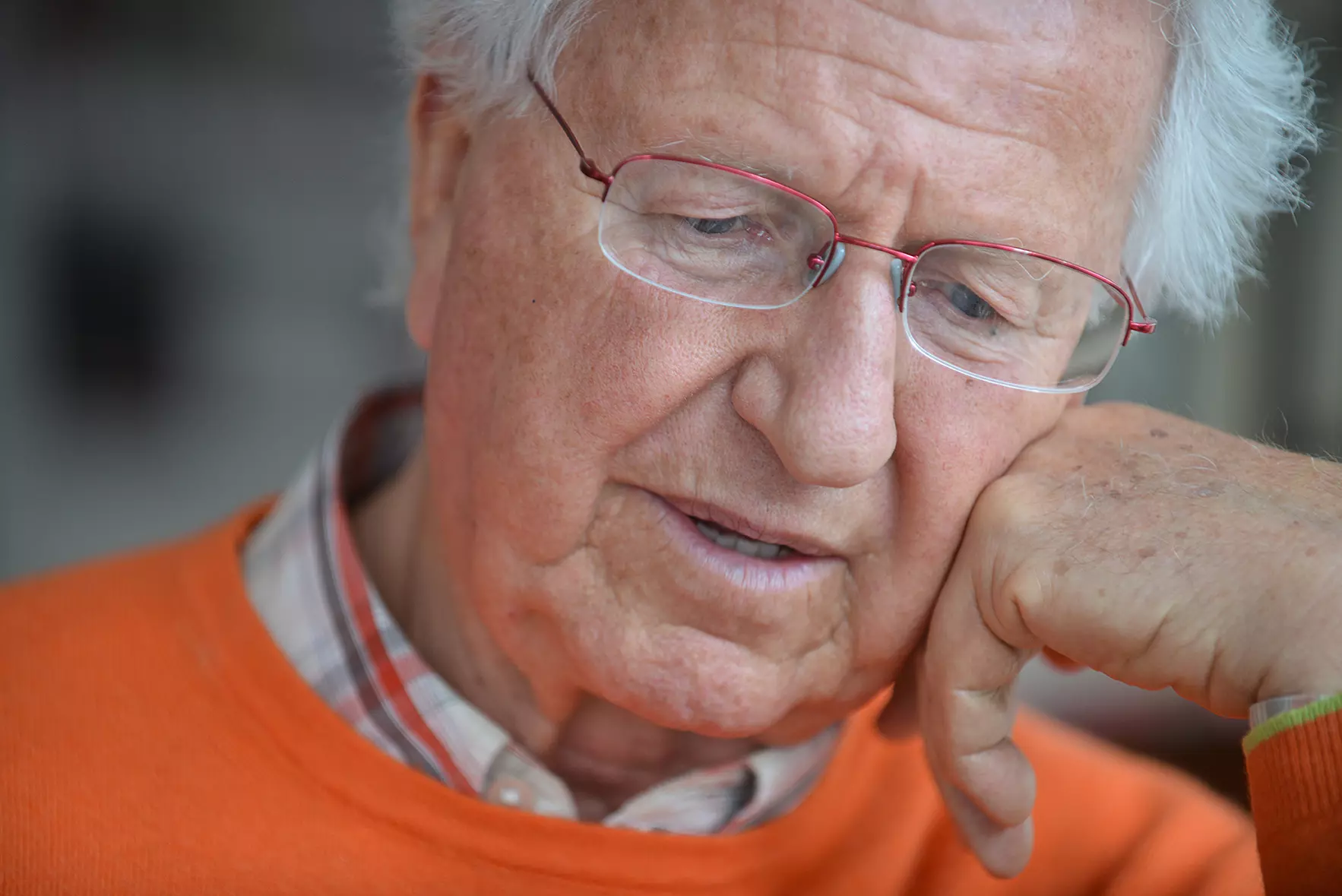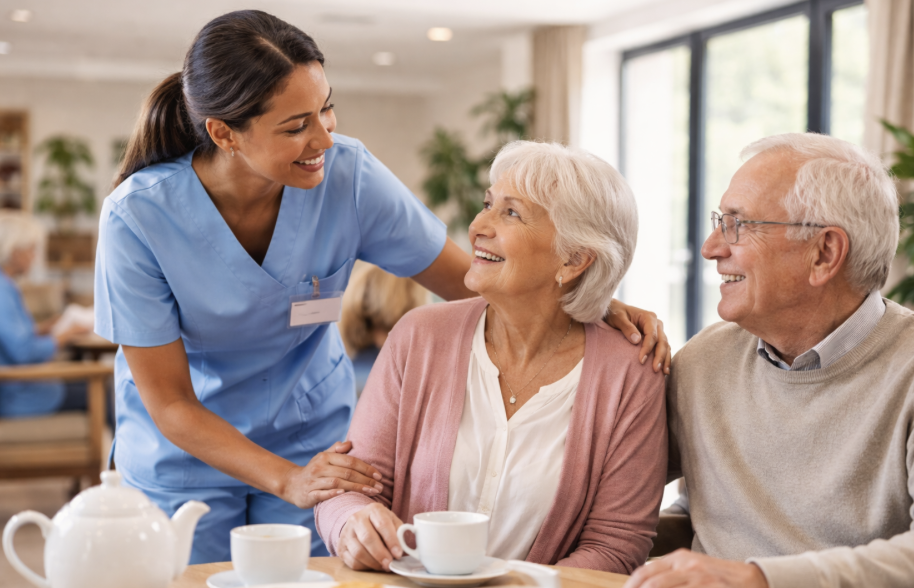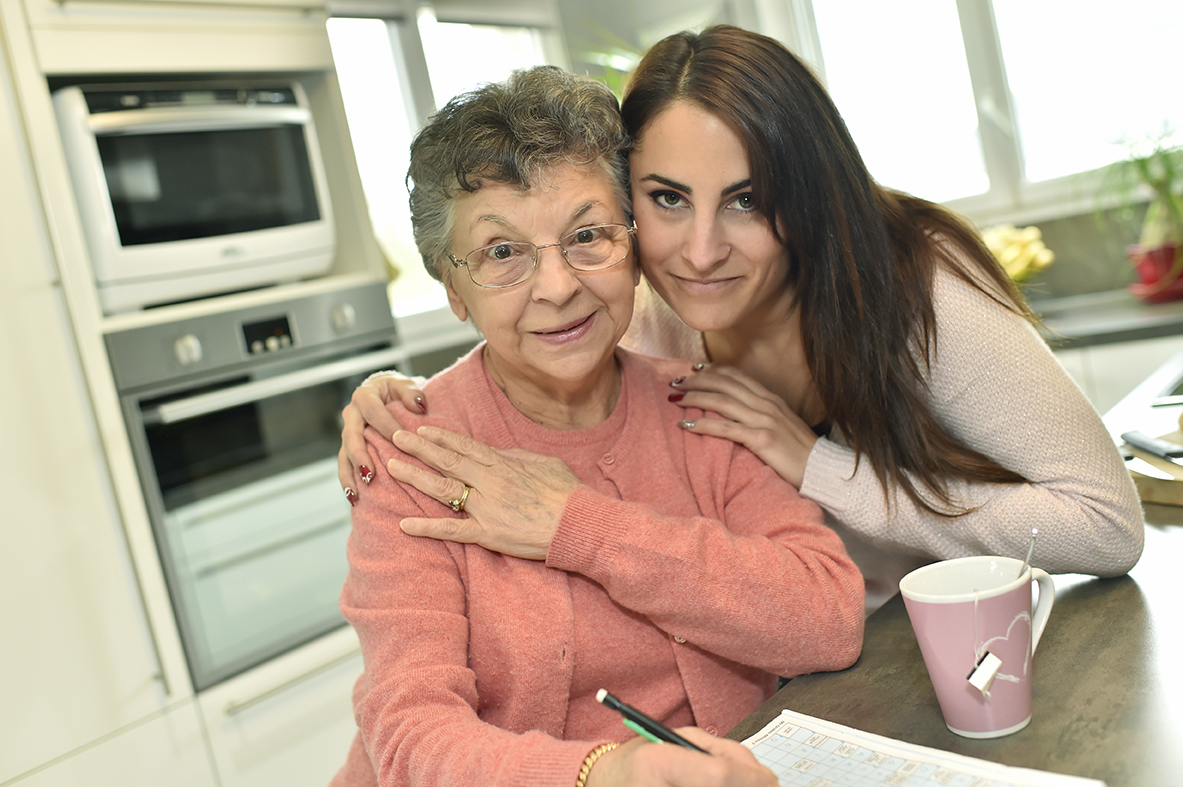
In senior residences, the role of nursing staff is vital for ensuring the well-being of residents, particularly those living with heart conditions. Regular monitoring by trained nurses, including blood pressure checks, heart rate tracking, and the recognition of cardiac distress symptoms, plays a crucial role in preventing complications and maintaining heart health. In this article, we’ll explore how the daily surveillance of residents with heart issues by nurses not only improves their quality of life but also helps manage and prevent serious cardiovascular events.
The importance of daily monitoring for cardiac residents
For seniors with heart conditions such as hypertension, arrhythmias, or heart failure, consistent monitoring of their health status is essential. The ageing process naturally places more strain on the cardiovascular system, which means that early detection of any irregularities can prevent more serious complications.
Find YOUR ideal care home NOW!
Nurses in senior residences are trained to perform these daily checks, ensuring that residents are not only safe but also comfortable, knowing that their health is being monitored by professionals.
1. Blood pressure monitoring: A key to cardiovascular health
One of the most frequent checks performed by nursing staff is blood pressure monitoring. High blood pressure, or hypertension, is a significant risk factor for heart disease, stroke, and other serious conditions. In senior residents, maintaining an optimal blood pressure level is vital for reducing the strain on the heart.
- Regular checks: Nurses monitor residents' blood pressure daily, particularly for those already diagnosed with hypertension or other cardiovascular risks. This routine ensures that any fluctuations in blood pressure are identified early, allowing for immediate adjustments to medication or lifestyle interventions.
- Prevention of complications: Daily monitoring allows nurses to spot trends that may indicate worsening conditions. By keeping an eye on these changes, they can prevent issues such as strokes or heart attacks, which are more likely when blood pressure remains uncontrolled.
2. Heart rate tracking: Keeping rhythm under control
Heart rate tracking is another essential element of the daily care provided by nurses to cardiac residents. Irregular heartbeats, or arrhythmias, can lead to serious complications if not detected early. Whether the heart is beating too fast (tachycardia) or too slow (bradycardia), it’s essential that these changes are monitored.
- Daily pulse checks: Nurses regularly check residents’ pulse rates to ensure their heartbeats are within a healthy range. Any irregularities can be a sign of underlying heart issues, and early detection allows for timely interventions.
- Arrhythmia detection: Through the use of specialised equipment, nursing staff can monitor heart rhythms and identify potential arrhythmias. This is particularly important for residents who have a history of irregular heartbeats or are at risk of developing them.
3. Recognising symptoms of cardiac distress
Nursing staff are trained to recognise the subtle signs of cardiac distress, which can sometimes be difficult for seniors to articulate. Symptoms such as chest pain, shortness of breath, or fatigue might be brushed off by residents, but they are crucial warning signs of heart problems.
- Shortness of Breath: If a resident experiences difficulty breathing, this could be a sign of heart failure or other serious conditions. Nurses are trained to identify these symptoms and provide immediate care, ensuring that the resident is stabilised and any necessary medical interventions are initiated.
- Chest Pain: Even mild chest discomfort can be an early warning sign of a heart attack. Nurses are aware of the importance of responding quickly to any complaints of chest pain, ensuring that the resident receives urgent medical attention if needed.
- Fatigue and Weakness: While fatigue can be common in seniors, sudden or extreme weakness can indicate that the heart is not pumping blood effectively. By recognising this symptom, nurses can act swiftly to prevent further complications.
4. Timely intervention and treatment adjustments
One of the major benefits of daily monitoring by nurses is the ability to intervene early and adjust treatments as needed. Whether it’s administering medications for hypertension, adjusting dosages, or coordinating with doctors, nurses play an active role in ensuring that residents' treatments are both effective and responsive to changes in their condition.
- Medication management: For residents on heart medications, regular monitoring ensures that the medications are working as expected. If there are signs that the medication is not effectively controlling blood pressure or heart rate, nurses can adjust dosages or consult with doctors to alter the treatment plan.
- Emergency response: In the event of a cardiac emergency, nurses are trained to respond immediately. Whether it’s administering CPR or using a defibrillator, their presence can make a life-saving difference in critical situations.
5. Emotional support and reassurance for residents
In addition to physical monitoring, nursing staff provide emotional support to cardiac residents. Knowing that their health is being carefully monitored can significantly reduce stress and anxiety, which are important factors in maintaining heart health.
- Reassurance and care: Seniors living with heart conditions often worry about their health deteriorating. Nurses offer reassurance through regular health checks, showing residents that their condition is stable and under control. This emotional care is crucial, as high levels of stress and anxiety can exacerbate heart conditions.
- Education and guidance: Nurses also educate residents on how to manage their heart conditions, offering advice on diet, exercise, and lifestyle changes that can improve heart health. This holistic approach ensures that residents are empowered to take control of their well-being.
Common symptoms of cardiac distress and their implications
| Symptom | Possible Cause | Recommended Action |
|---|---|---|
| Shortness of Breath | Potential sign of heart failure or reduced oxygen circulation. | Immediate assessment, oxygen support, and possible hospital referral. |
| Chest Pain | May indicate angina, heart attack, or blood flow restriction. | Urgent medical attention; ECG monitoring and hospital transfer if necessary. |
| Fatigue & Weakness | Often a sign of poor heart function or low blood pressure. | Monitor vital signs, adjust medications, and consult a physician. |
| Dizziness or Fainting | Could be linked to arrhythmias, low blood pressure, or medication side effects. | Blood pressure and heart rate monitoring; medical review required. |
| Swelling in Legs or Ankles | Possible fluid retention due to heart failure. | Adjust diuretics, monitor diet, and track daily weight changes. |
| Irregular Heartbeat | May indicate atrial fibrillation or other arrhythmias. | Use heart rate monitoring devices and consult a cardiologist. |
Daily monitoring by nursing staff is an indispensable part of the care provided to residents with heart conditions in senior residences. From blood pressure checks and heart rate tracking to recognising early signs of cardiac distress, nurses play a crucial role in maintaining the health and safety of these residents. Their ability to intervene early, adjust treatments, and provide emotional support ensures that seniors with heart conditions can enjoy a better quality of life and reduce the risk of serious complications.
FAQ:
1. Why is daily monitoring essential for seniors with heart conditions?
Daily monitoring allows for early detection of heart-related complications, ensuring timely intervention to prevent strokes, heart attacks, or worsening conditions.
2. What vital signs are checked daily for cardiac residents?
Nurses check blood pressure, heart rate, oxygen saturation, and symptoms such as chest pain, fatigue, or dizziness.
3. How do nurses detect early signs of heart distress?
By tracking changes in vital signs and monitoring symptoms like shortness of breath and swelling, nurses can intervene before a condition worsens.
4. How often should blood pressure be checked for cardiac residents?
Residents with heart conditions typically have their blood pressure checked at least once daily or more frequently if needed.
5. What happens if a resident’s blood pressure suddenly spikes or drops?
Nurses assess the cause, adjust medication if necessary, and consult with a physician to prevent further complications.
6. How do care homes handle irregular heartbeats or arrhythmias?
Residents with arrhythmias undergo frequent heart rate monitoring, and their medications or treatments are adjusted as needed under medical supervision.
7. What immediate steps are taken during a cardiac emergency?
Nurses perform CPR, use Automated External Defibrillators (AEDs), and call emergency medical services for rapid transport to a hospital.
8. How does medication monitoring help prevent heart complications?
Daily monitoring ensures medications are taken correctly and adjusted based on the resident’s response to treatment.
9. Do residents receive advice on lifestyle changes to improve heart health?
Yes, care homes educate residents on diet, physical activity, stress management, and medication adherence to maintain heart health.
10. How can families ensure their loved one is in a care home with strong cardiac monitoring practices?
Families should ask about daily health checks, emergency protocols, staff training in cardiac care, and access to medical specialists.
Need help finding a care home?
Senior Home Plus offers free personalized guidance to help you find a care facility that suits your health needs, budget, and preferred location in the UK.
Call us at 0203 608 0055 to get expert assistance today.
Do you need a care home for yourself or your loved one?
Search for Care Homes by Region
| East Midlands | Eastern | Isle of Man |
| London | North East | North West |
| Northern Ireland | Scotland | South East |
| South West | Wales | West Midlands |
| Yorkshire and the Humber |
Share this article :
Latest posts
You are looking for an establishment for your loved one ?
Get availability & prices
Fill in this form and receive
all the essential information
We would like to inform you of the existence of the opposition list for telephone canvassing.








.jpg)

